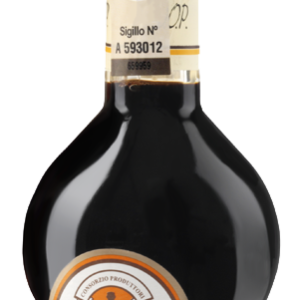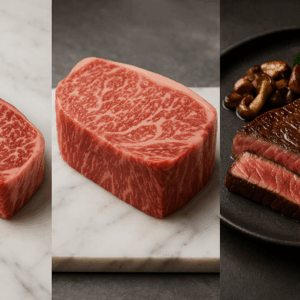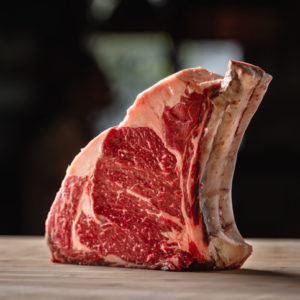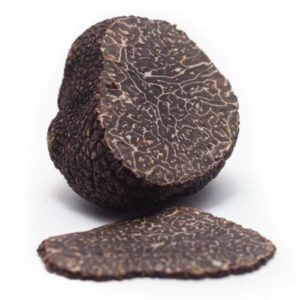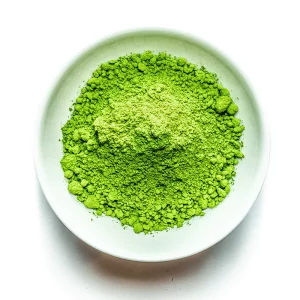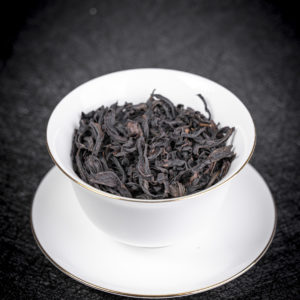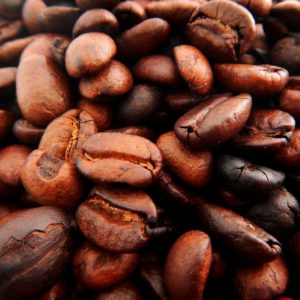Food
Throughout the European Union2, the concept of food refers to any substance or product, whether processed, partially processed or unprocessed, intended to be ingested or reasonably likely to be ingested by humans. This term covers beverages, chewing gums and any substance, including water, intentionally incorporated into foods during their manufacture, preparation or processing. It includes water at the compliance point defined in Article 6 of Directive 98/83/EC3.
The term “foodstuff” does not include in Europe:
animal feed;
live animals (unless prepared for human consumption; oysters for example);
plants before harvest;
medicines (within the meaning of Council Directives 65/65/EEC and 92/73/EEC);
cosmetics within the meaning of Council Directive 76/768/EEC;
tobacco and tobacco products (as defined in Council Directive 89/622/EEC);
narcotics and psychotropic substances (within the meaning of the United Nations Single Convention on Psychotropic Substances of 1971);
residues and contaminants likely to be found in food.
Still in Europe, “genetically modified foodstuffs” are “foodstuffs containing GMOs, consisting of such organisms or produced from GMOs”4 and “‘genetically modified foodstuffs’ means foodstuffs containing OGs
Showing 1–9 of 32 results

